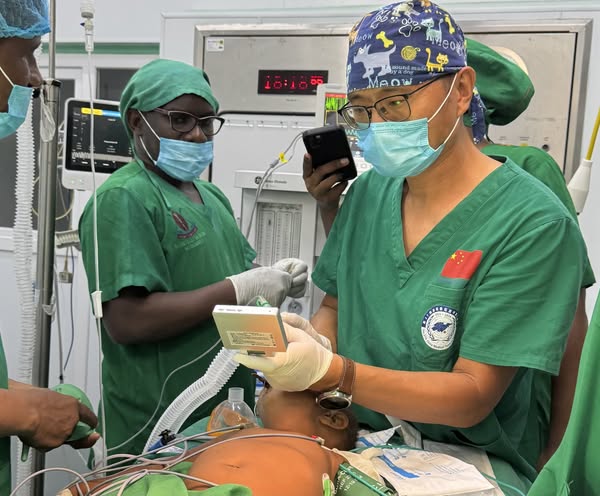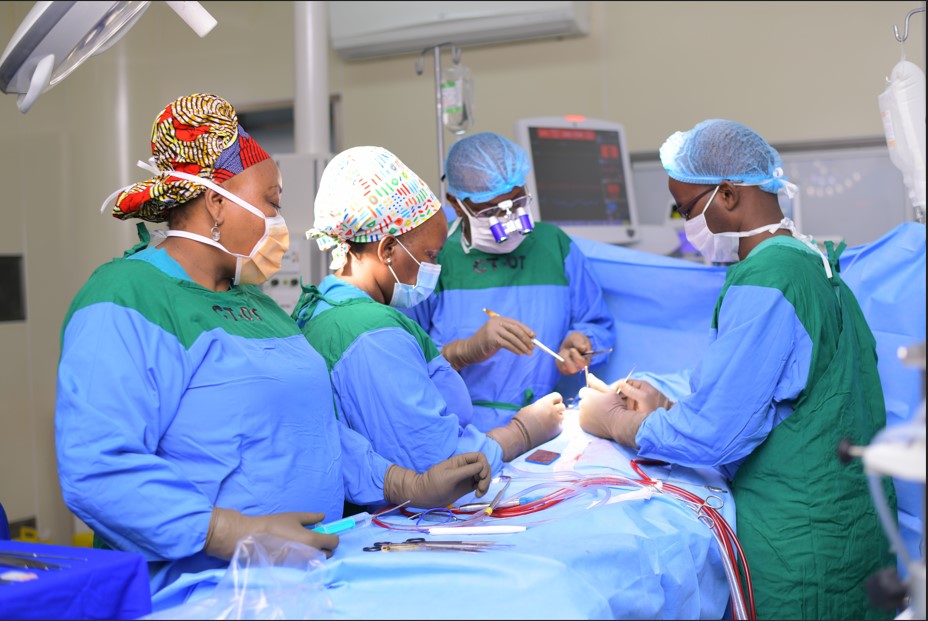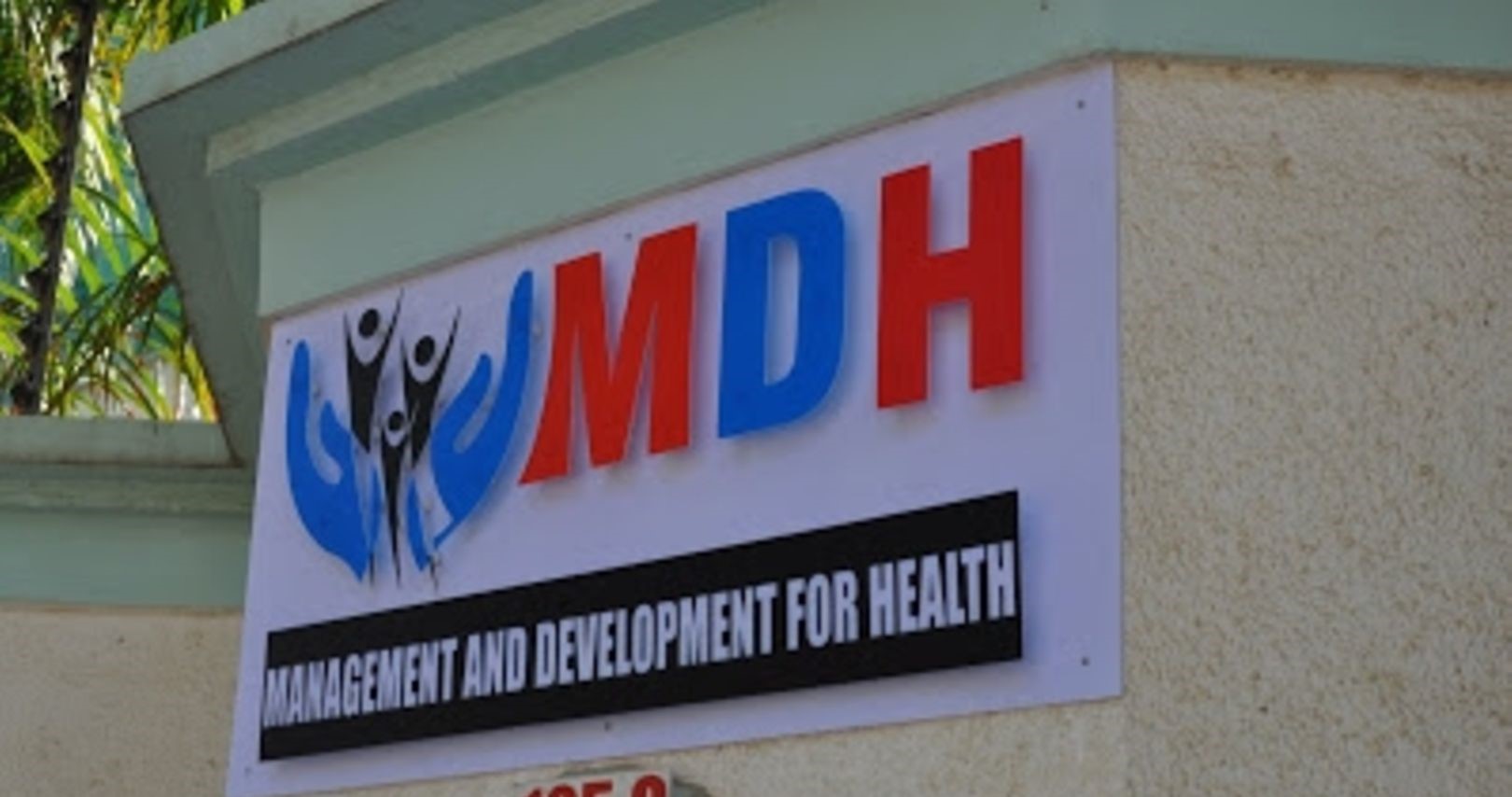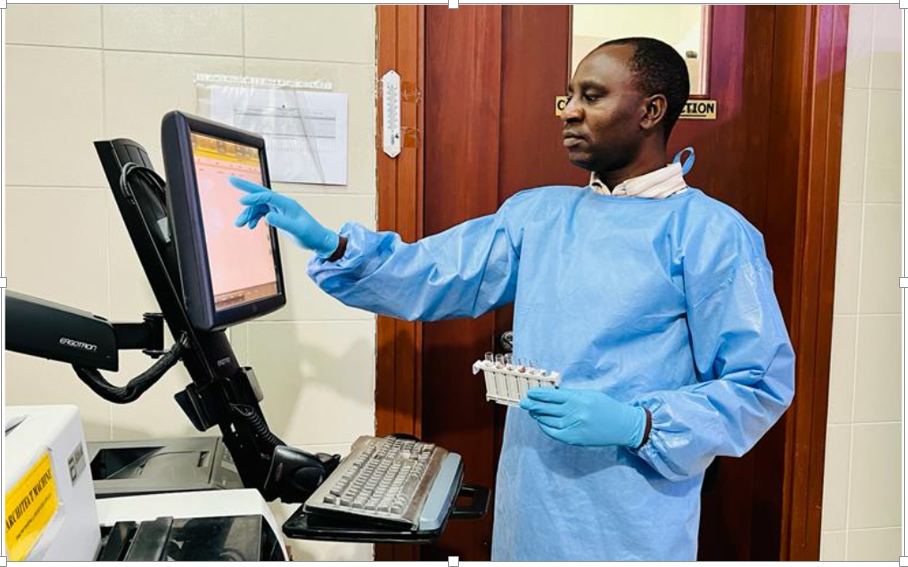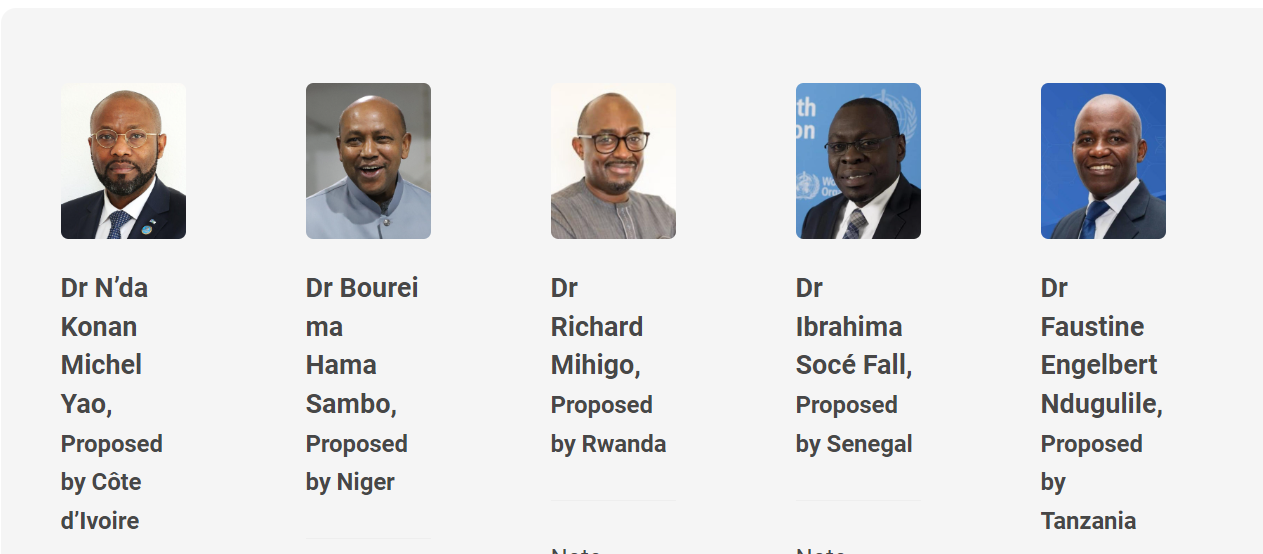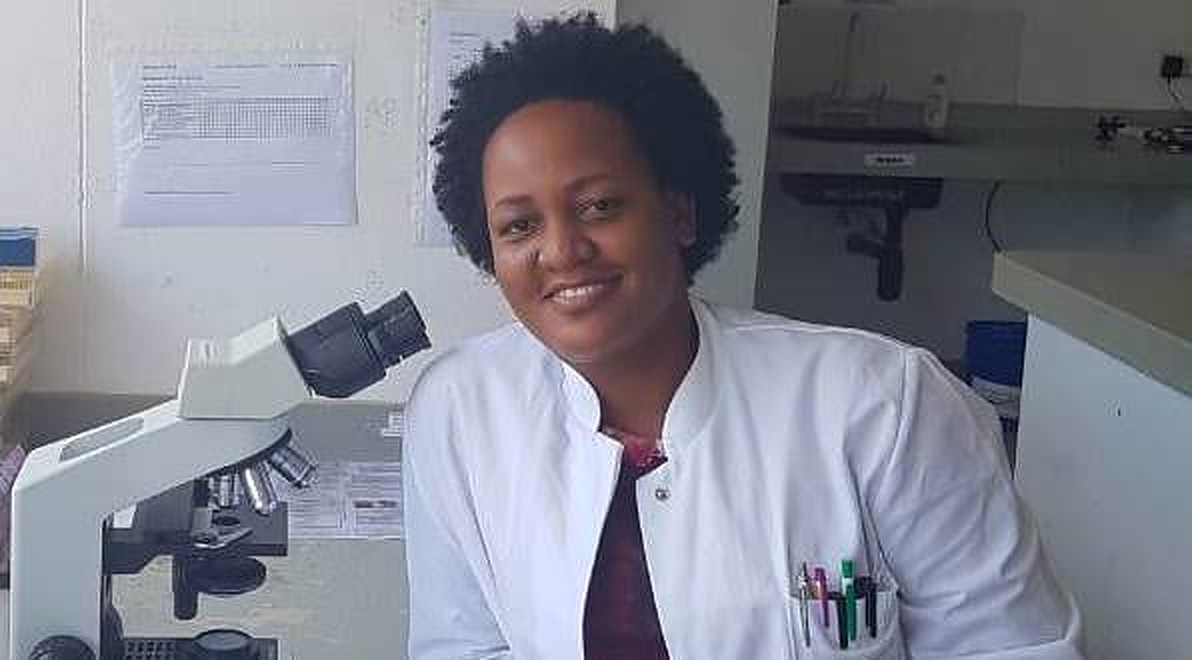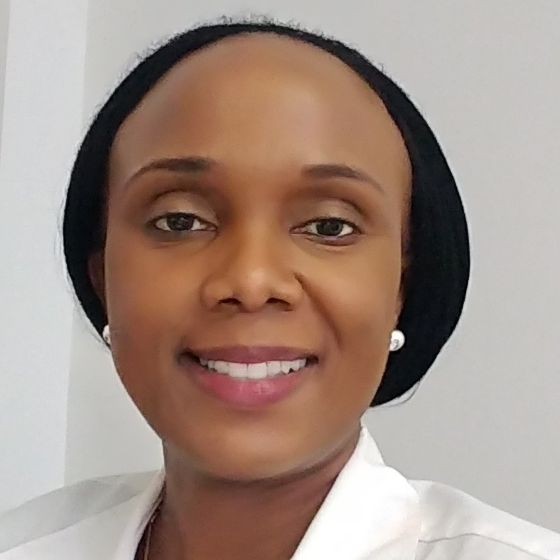When the country is tense, say at the height of a disease outbreak or other health threats, Oscar Mwashiuya’s job entails being on the scene, tracking the source of trouble and averting it.
Mwashiuya is a field epidemiologist or often called a “disease detective” whose role and that of field epidemiologists like him, is to help prevent, track, contain and eliminate outbreaks such as yellow fever, cholera, and COVID-19.
He has been groomed through Tanzania’s Field Epidemiology and Laboratory Training Program (FELTP) implemented through a partnership between the Ministry of Health, President’s Office – Regional Administration and Local Government, Muhimbili University of Health and Allied Sciences) and the U.S Centers for Disease Control and Prevention (CDC). By January 2022, 750 such scientists had been trained through the FELTP in Tanzania.
In this interview, Mwashiuya, an alumnus of the program speaks to MedicoPRESS‘ Science Editor Syriacus Buguzi, sharing a detailed account of his field experience. Excerpts:
Question: You have been trained as a field epidemiologist, tell me, what does a day in the life of a field epidemiologist look like?
Mwashiuya: As an epidemiologist my day starts with looking at health data and event alerts from various sources like websites, media, official government communications, and the community. In case there are any alerts of concern in any part of the country, a notification is raised immediately to public health authorities. Based on the nature of the alert epidemiologists are deployed to investigate the health events and support the affected area for response and interventions. If the alerts are outside the country, with a risk of spreading to our country, then measures to strengthen preparedness are instituted. Another key routine activity is data management which involves collecting data pertaining to the health events I talked about, including surveillance. Reports generated are shared with relevant authorities for information and decision making. Furthermore an epidemiologist’s day may involve interactions with members of the community through provision of health education and implementation of interventions like vaccination, provision of mosquito nets, provision of drugs for deworming, aquatabs for water treatment and participating in environmental sanitation activities etc.
Question: Now imagine yourself tracking a viral epidemic somewhere in Tanzania. What will always be on top of your mind as you go about the job in the field? The fear of being infected or the desire to carry out the surveillance? How?
Mwashiuya: Definitely the desire to put in place effective surveillance will be on top of my mind. The happiness of an epidemiologist is fulfilled when s/he discovers the source, the causative agent, identify the risk factors, implement interventions to halt the transmission and be able to measure the trend through application of surveillance methods. As an epidemiologist, I am trained to minimize exposure by taking precautions and apply infection prevention and control measures such as wearing face masks, gloves, hand washing against known and unknown infectious agents. So the risk and fear of being infected is lowered through application of Infection Prevention and Control (IPC).
Question: Someone out there who doesn’t understand what you do could ask: How do you track something like a virus which is invisible? In simple terms, how could you explain to them how you do it-the work of a detective?
Mwashiuya: It is quite interesting. Historically the practice of medicine has evolved from studying health events in communities. A good example is how the popular English physician traced the source of a cholera outbreak in Soho, London, in 1854 and intervened further transmission of Cholera by removing a water pump that was the source of the outbreak. Reports of health events including disease outbreaks start from communities rising alerts or reviewing diagnoses when patients reports at health facilities. Epidemiologists study the signs and symptoms that are seen and reported by individuals affected by the particular disease agent. The signs and symptoms are compared to standard case definitions or alert definitions for known diseases, then if they fit the likelihood of diagnosis based on case definitions is determined. However, during epidemiological investigations, we normally take samples from affected individuals based on their signs and symptoms, for example blood, urine, mucus or any other body fluid for laboratory testing. The laboratory is an important and an integral part of epidemiological investigation. Confirmation of causative agents. In addition we look wholistically to the events surrounding the alerts for example any exposure to dead animals, consumption of contaminated foods or drinks etc.
Question: What do you like most about your job?
Mwashiuya: I like moments when we carry out outbreak investigations. Looking and analysing data collected and comparing with what is actually happening in the community
Question: What don’t you like about this job of a field epidemiologist?
Mwashiuya: The challenge with field epidemiology is that its value is not fully appreciated. When you prevent an outbreak from becoming an epidemic it does not make news. The community is not aware of the critical role played by field epidemiologists in our country. Mostly our health system is designed largely for curative services and less for preventive services.
Question: Tell me about the most important thing you learnt as you undertook the course as part of the Field Epidemiology and Laboratory Training Program.
Mwashiuya: During my training as an epidemiologist I learnt the importance of community engagement: Public health alerts and diseases can be quickly identified, reported, investigated and controlled by engaging the community. I learnt techniques used in investigating health events including disease outbreaks.
Question: And, one last question but not least. You are being described as a “disease detective” Why?
Mwashiuya: It is due the task we perform always being on alert, systematically detecting causes of diseases, affected individuals or communities, places and time of occurrence and actively working hard to control them and prevent future outbreaks.

